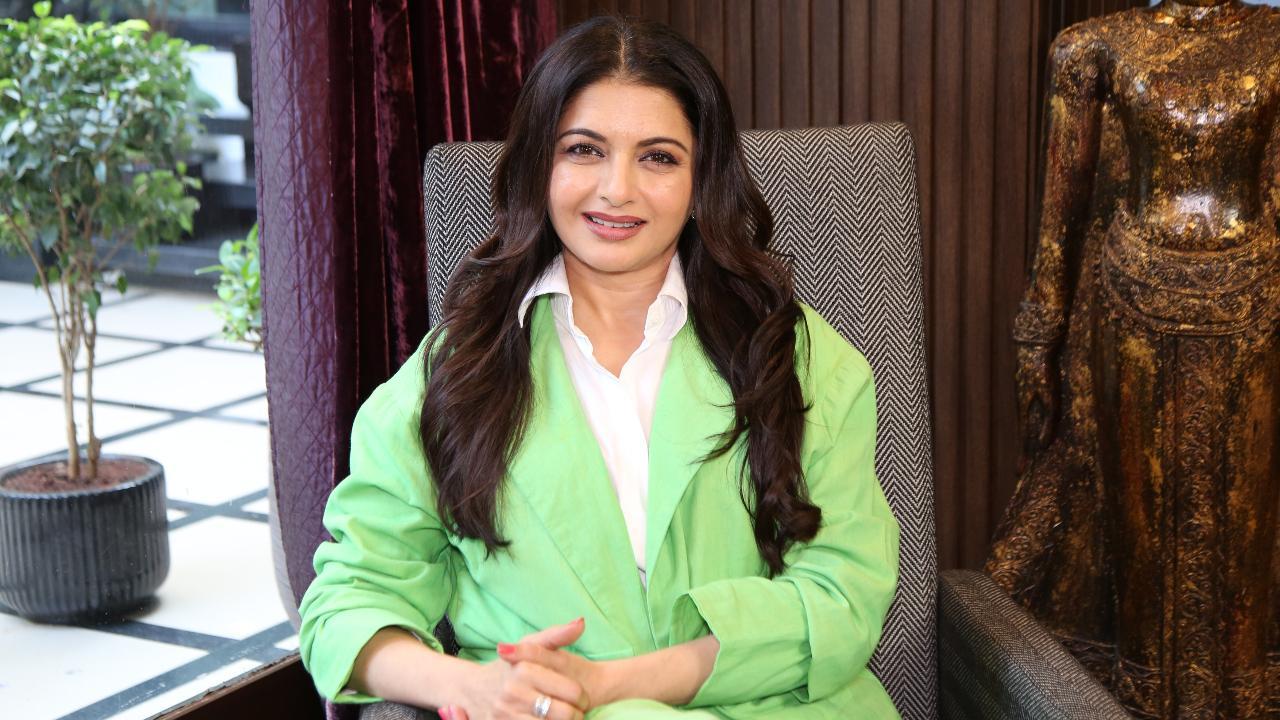On Mid-day’s third season of Powerful Women, Bhagyashree gets candid about juggling work with motherhood, raising her kids with gender equality as the norm, and more

Bhagyashree
Bollywood icon Bhagyashree who made her mark in the film industry with Maine Pyar Kiya tells us that one shouldn't rest on past laurels. Unlike her peers, she made the optimum use of her influence through social media by becoming a crusader for women’s health and well-being. On Mid-day’s third season of Powerful Women, Bhagyashree gets candid about juggling work with motherhood, raising her kids with gender equality as the norm, and more.
Bhagyashree on balancing work and motherhood
Bhagyashree admits there are hard days as a mother when you want to achieve your dreams and have responsibilities for your family and kids. Recalling the times she would take her daughter Avantika Dasani on set, Bhagyashree avers, “To strike the balance somewhere, there is no right and wrong. It is a fight that you have to win every day. So you have to put on your armor and go there and do your stuff. I didn't believe in leaving my children with nannies. Though I had my in-laws, I didn't think it was right to expect them to look after a toddler. And I would hate if I were to come back home and someone were to tell me that we are looking after your kids.”
She adds, “It was tough when I was doing that. But the beauty of the situation was that I was enjoying both. I didn't want to leave being a mother to her. I think I was more capable at that age than I was when Abhimanyu (Dasani) was born. I was far too young to manage both worlds.”
On inculcating gender equality at home
Bhagyashree, who is raising a son and a daughter asserts that gender equality stems from home. She states, “Household tasks have to be shared by both. Brother has come, he is very tired, give him water. No, that doesn't work. Both of them are equipped to cook food for themselves. Because they used to say that the way to a man's heart is through his stomach. I also feel it works the opposite way. I feel that when you bring up your children as rounded human beings it gives them a chance to interact with complete equality.”
 Subscribe today by clicking the link and stay updated with the latest news!" Click here!
Subscribe today by clicking the link and stay updated with the latest news!" Click here!








